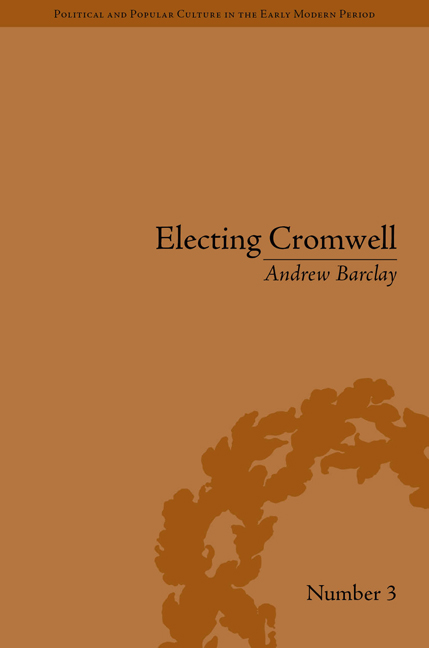3 - The Fishmonger
from Part I
Summary
Documentary evidence has been available since 1820 which suggests that some of the details within the Flagellum anecdote about the Cambridge elections were correct. In that year Cromwell's great-great-grandson, who was also called Oliver Cromwell, published a defence of his family. Like many amateur historians, he had spent his retirement researching his ancestry. This Oliver Cromwell seems to have been the first scholar to search the Cambridge corporation archives for information about his famous ancestor and he now published the entries about him from the corporation's common day book. Among those entries was that for 7 January 1640 which recorded that Cromwell had been admitted as a freeman of the town. What this showed was that on that day Cromwell had received the freedom on the recommendation of the mayor and that his fees had been waived after he had paid a token 1d. to the poor of Cambridge. Subsequent biographers have been fond of mentioning the quaint detail about the 1d.
For Oliver Cromwell the historian, this document was the proof that Flagellum had got it all wrong. What the entry certainly exposed was one of the most serious contradictions within the Flagellum account. Flagellum assumed that Cromwell had been admitted as a freeman a matter of weeks before he and John Lowry were elected as the town's MPs.
- Type
- Chapter
- Information
- Electing CromwellThe Making of a Politician, pp. 33 - 42Publisher: Pickering & ChattoFirst published in: 2014



